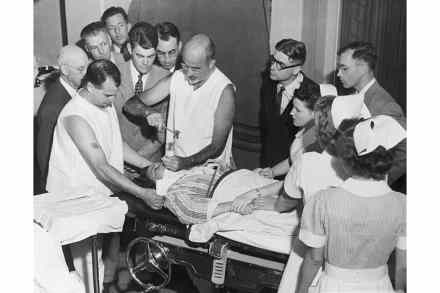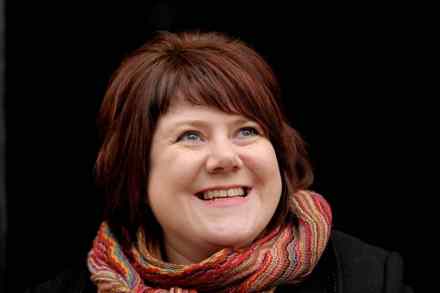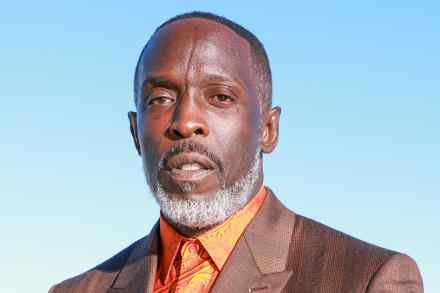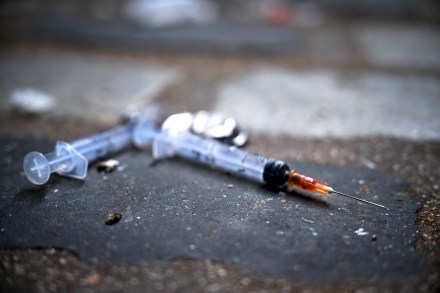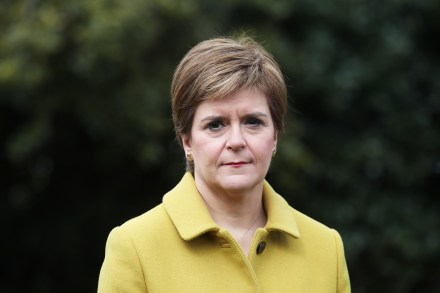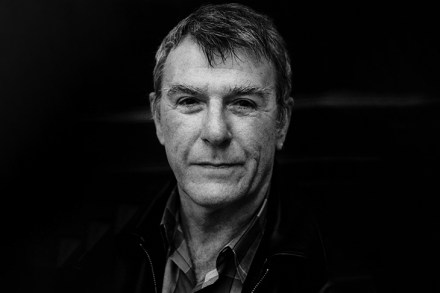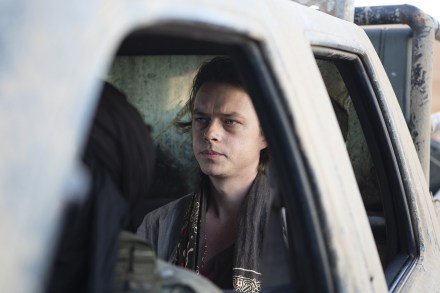Is this the answer to Scotland’s drug death epidemic?
Scotland could pioneer a scheme to cut drug deaths by allowing users to consume narcotics under supervision and with medical assistance on hand. The establishment of overdose prevention centres (OPCs) is proposed in a consultation launched yesterday by Labour MSP Paul Sweeney, who believes his Bill will ‘implement changes that will save lives’. Sweeney, a former Royal Regiment of Scotland reservist, previously volunteered in an unofficial safe injection van in Glasgow and has told the Scottish parliament that he saw people saved from overdose. These centres would take what volunteers have already done and give it a legal framework. Although these centres are already used in parts of the US



